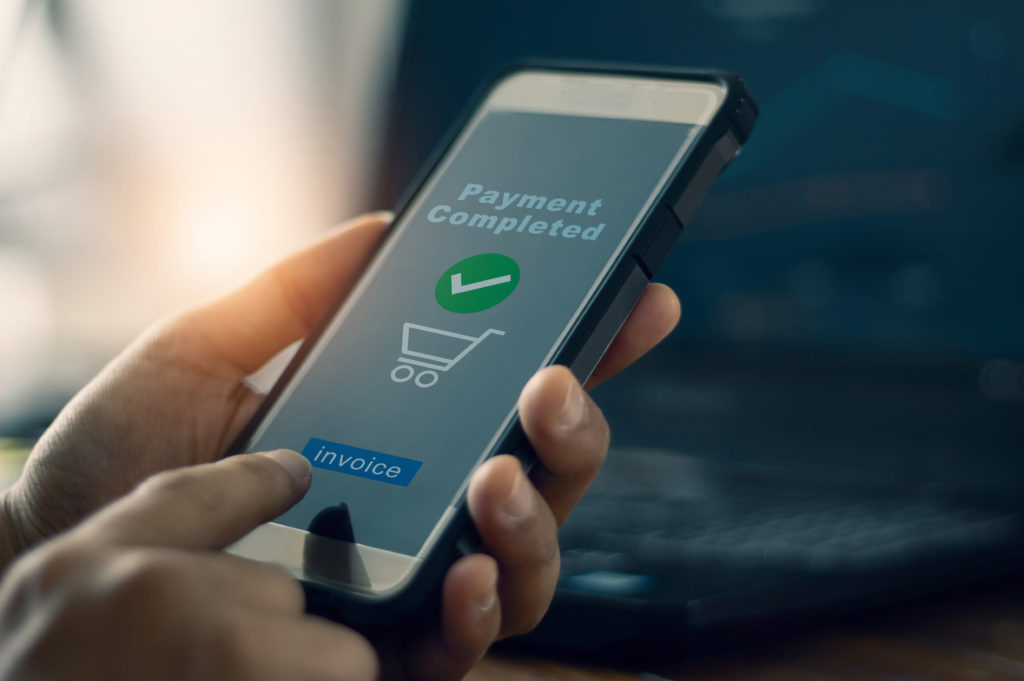With inflation sending gas prices, the cost of groceries, and mortgage/rent payments soaring through the roof, it's the perfect time to secure your finances and start a budget.
In these times of uncertainty, we must manage our money as efficiently as possible. Budgeting is one of the best ways to ensure you're spending money wisely instead of living in worry from paycheque to paycheque. Our Financial Empowerment team at WoodGreen helps low-income individuals and households find financial stability. They believe budgeting is a great tool to help you get there!

Here are our Financial Empowerment team's top budgeting tips
Write down all of your sources of income
Knowing how much money you make monthly will help you set a baseline for your budget. You can begin your budget by establishing how much you have coming in and tracking everything. Doing this lets you understand where you are financially and helps you reconsider your spending habits.
Review your spending habits
If you aren't already doing so, you need to start tracking your spending. It's a good habit and helps you see exactly where all of your money is going. Reviewing your spending can also help you identify:
- your fixed expenses (e.g., rent/mortgage, loan payments)
- your variable expenses (e.g., groceries, personal care, going out)
- which expenses are "needs" versus "wants."
By identifying these expenses, you can understand where you can cut costs and whether there are any expenses that you can completely cut out. Plan out how much you need to spend on your variable expenses each month to then enter them into your budget.

Establish your goals
It's also essential to set goals with your finances. Budgeting to achieve financial goals can ease money problems in the immediate or distant future. You can set short-term goals like starting a savings plan to contribute to monthly or long-term goals like paying off your student loans.
Start a savings plan
Having a savings plan will help you to feel more financially secure. Having emergency savings can cushion you financially when uncertain events occur and can also prepare for planned expenses in the future. You can save for goals like vacations, a car, retirement, or even a home.
You can also grow your savings by using a Tax-Free Savings Account (TFSA). TFSAs are registered savings accounts for Canadians 18 or older that are non-deductible, tax-free, but have annual limits. A TFSA also earns tax-free interest, so the longer you leave your money there, the more it will grow!
Prioritize debt payments
The average Canadian household debt is over $20,000, and with inflation rising, that's sure to grow. Debt is overwhelming and hard to get rid of, not to mention the interest you pay on debt. That's why it's crucial to analyze all your loans, credit cards, and other debts and budget to pay them off. Paying off debt saves you from spending years paying added interest, and it increases your credit score and helps you free up your income to spend on other financial goals.

Plan your monthly budget, but be realistic
You know your total income, expenses/spending habits, debts, and goals. Now, you can plan around it. First, take your income and subtract:
- Fixed expenses for the month.
- A revised, budgeted list of your variable expenses
- Monthly savings
- Debt payments
It's important to also add fun activities to your budget, such as entertainment and going out, but make sure they're at an amount appropriate for your finances and goals. If you don't consider these factors, you risk outspending your budget and ending up back at square one.
Refer to the budget when considering a large purchase
Large purchases require planning. It's risky to buy something expensive when you may be unable to afford it or if it interrupts a goal, you may be working toward it. That's not to say you can't make large purchases, but consulting your plan and adjusting your budget will help you to do it without compromising your finances. For example, if you want to buy a car, be realistic with what you can comfortably afford and set that as a savings goal, figure out how long it would take you to save up for it and adjust your budget accordingly.

Don't be afraid to use coupons or discounts
There are many ways to cut costs. One of the best ways is to take advantage of discounts. For example, you can use coupons in grocery stores with the Flipp app and price match groceries to get the best deal. You can wait for annual clothing sales instead of buying clothes sporadically. Take advantage of rewards programs, coupon codes, or even physical coupons.

These are just a few ways a budget can help you stay on your feet during times of inflation. However, without seeing the future, there is no way to know whether rising prices will decline or if they are here to stay.
Are you living on a low income and looking for personal support to achieve your financial goals? Learn more about our Financial Empowerment Team's services and programs (including eligibility) here.




